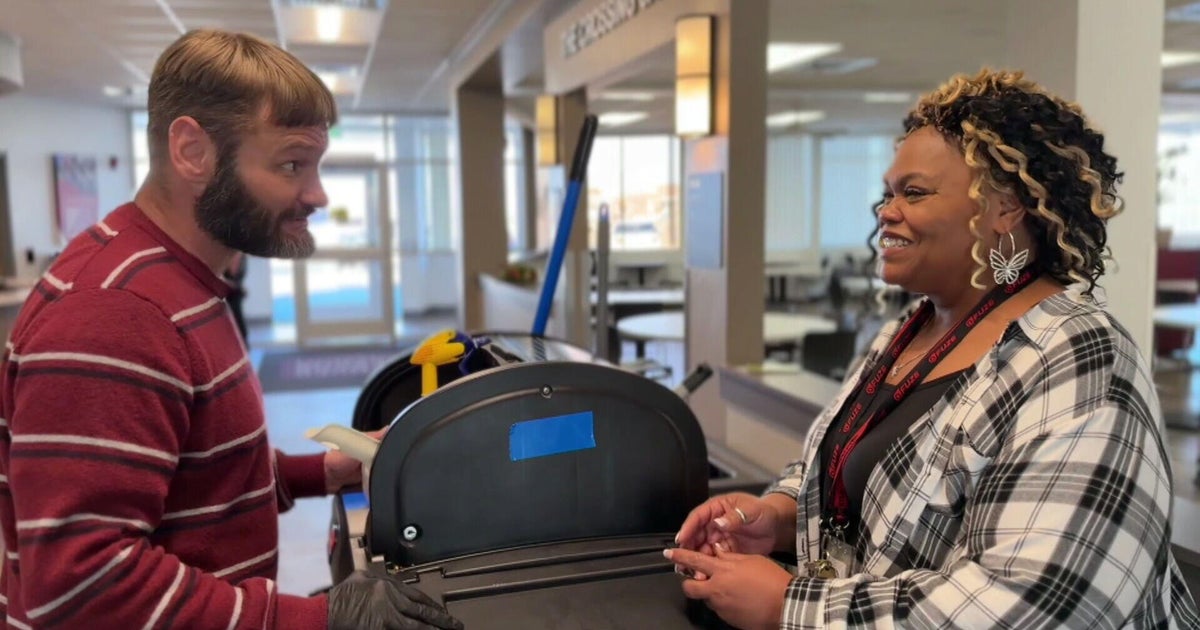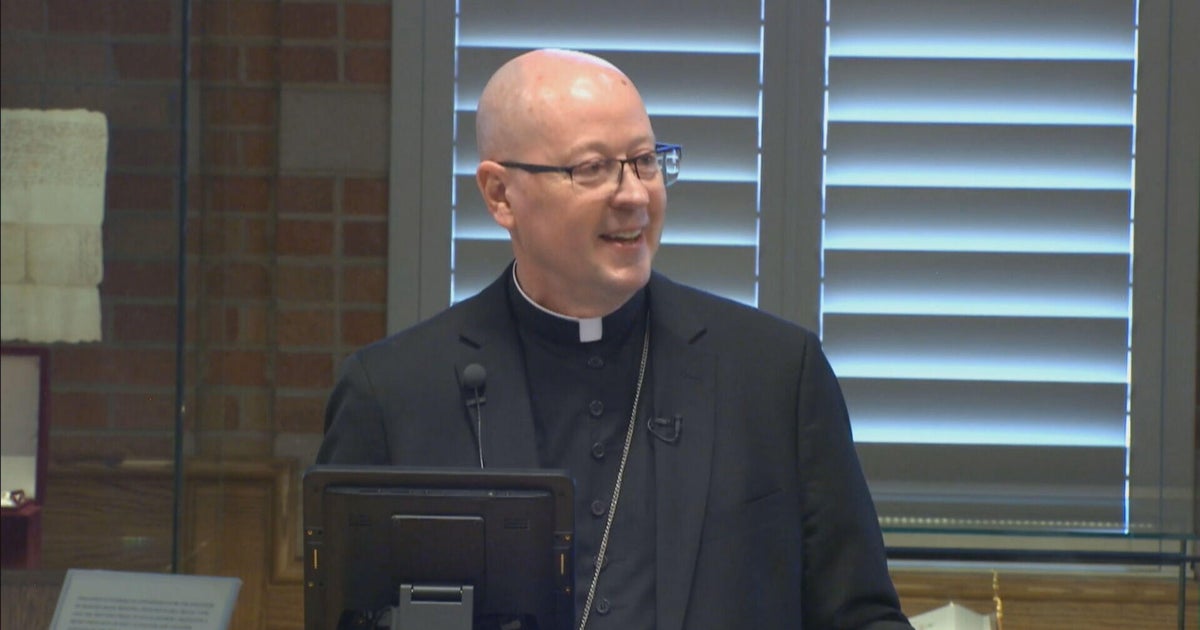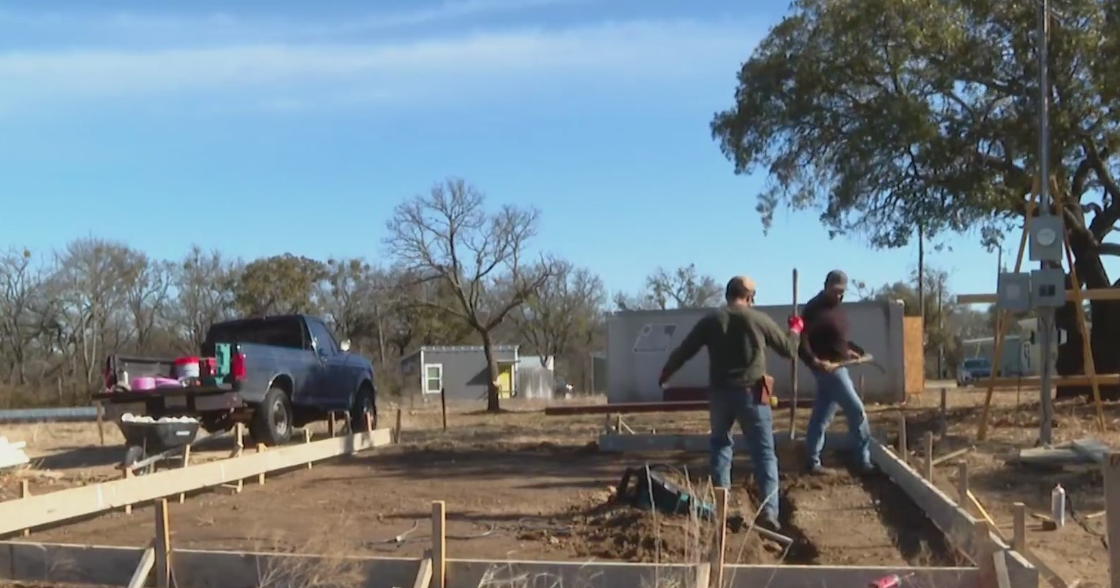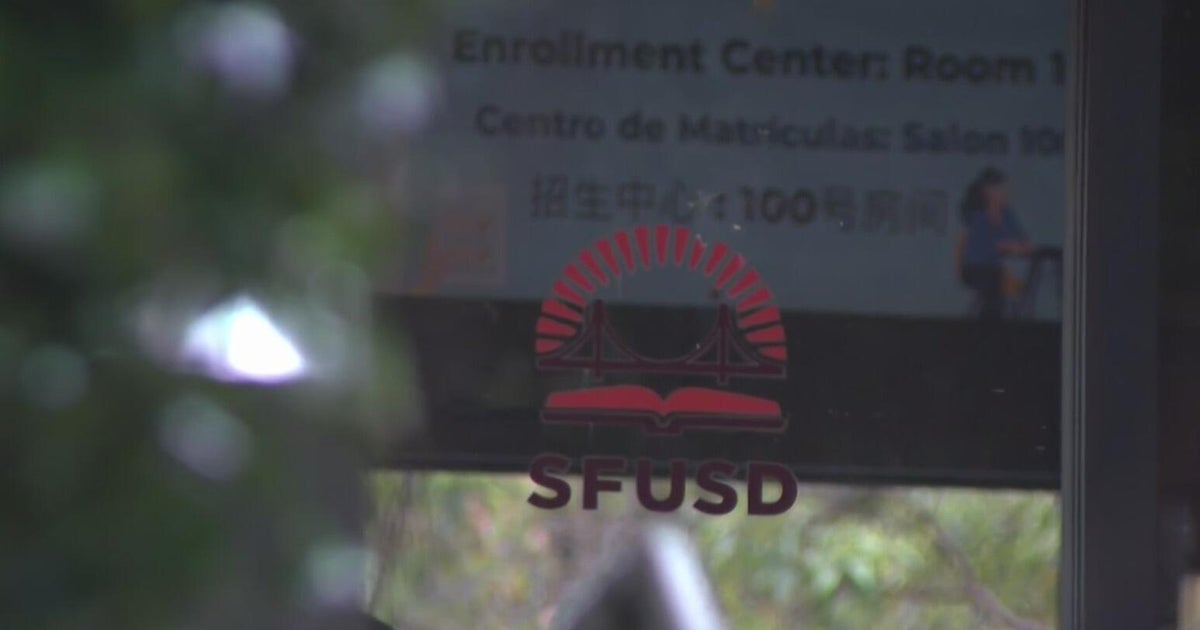Denver continues serving migrants as concern grows for what's coming
By Marissa Armas
Nonprofits like American Friends Service Committee continue helping migrants as they come into the city.
"Right now, we get about 30 new people," said Jennifer Piper, the program director of the Colorado office of the American Friends Service Committee. "But then we have about a thousand other folks, who've been here, anywhere from a week to two months, and those are the folks that we're really trying to help get resettled in Denver."
Piper said one of the biggest struggles they're facing right now is trying to find migrants long term housing. As of March 1, on average the city of Denver is receiving about 20-30 migrants per day. That's a drastic decrease from the hundreds of migrants that were arriving daily in December.
However, the concern is whether those numbers will creep up again, considering the activity happening at the southern border. On Sunday, a large migrant group rushed an El Paso border crossing amid growing frustrations. And with President Biden's border policies actively changing, uncertainty remains.
"This remains an evolving situation, obviously at the border, and what that means to Denver is that these changes have challenges," said Victoria Aguilar, the spokesperson for the city of Denver's Department of Human Services.
Aguilar said that just a few days ago, the city of Denver had to re-open one of its facilities to house migrants. This is on top of the $8 million the city already spent on migrant services since the crisis began. A lot of that money has gone to bus tickets to get migrants to other cities and to personnel costs. She said it's a situation that has challenged the city's finances.
"The city cannot continue to provide the same level of support for migrants arriving in Denver without the support from state and federal government aid," Aguilar said.
Despite numbers going down, currently migrant arrivals are consistent, and it's unknown for how long. As the situation continues, the city said it will continue to rely heavily on non-profits for help.
"Anyway that people can lean in, whether it's volunteering at one of the short term shelters or helping stand one up in the faith community, you're adding to that identity and diversity of Colorado as a state," Piper added.








